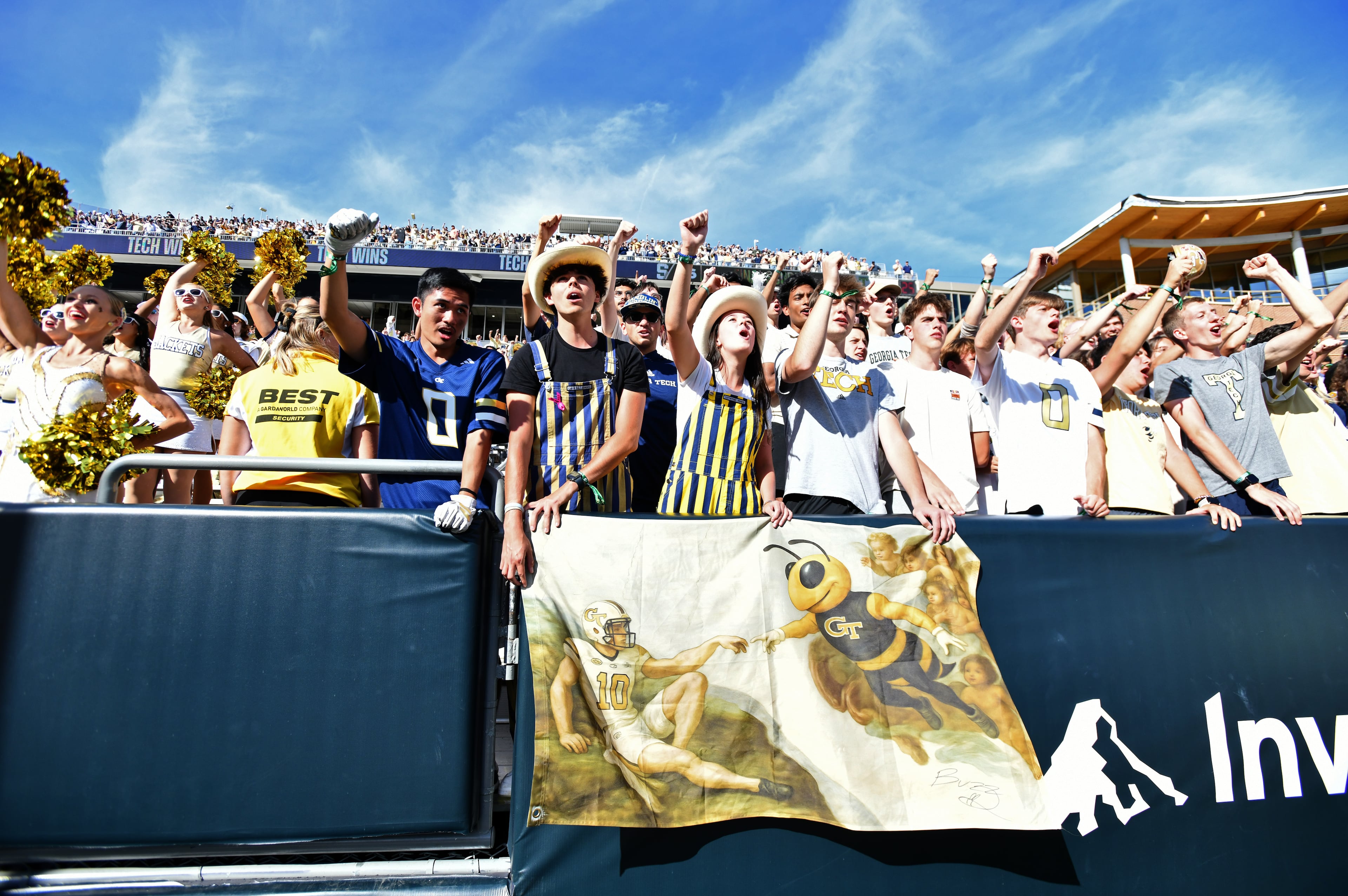Nell Fortner: Women’s basketball ‘an afterthought’ to NCAA
In a statement posted to Twitter on Tuesday morning, Georgia Tech basketball coach Nell Fortner was unsparing in criticism of the NCAA for disparities in the execution and presentation of its men’s and women’s Division I basketball tournaments being held in Indianapolis and San Antonio, Texas, respectively.
“Thank you for using the three biggest weeks of your organization’s year to expose exactly how you feel about women’s basketball – an afterthought,” Fortner wrote in the beginning of the statement.
In recent days, attention has been brought to differences in the two tournaments, sparking charges of sexism and gender discrimination. While one of the NCAA’s principles of conduct is “establishing an environment that is free of gender bias,” differences in the weight-room facilities, COVID-19 testing and the gifts that participating players received, among other things, have been favorable for the men’s event and teams. The men’s games have been played on courts with the NCAA’s “March Madness” branding, while none of the courts at the women’s games have such features. According to a Wall Street Journal story, the NCAA chose to reserve use of the logo only for the men’s tournament.
The NCAA’s @marchmadness Twitter account, for instance, posts content only pertaining to the men’s tournament.
Fortner highlighted those disparities, calling them “just a snapshot of larger, more pervasive issues when it comes to women’s sports and the NCAA.”
Fortner asked, “In what other non-profit educational endeavor is it acceptable to treat young women as a less valuable financial commodity? At what individual university would it be acceptable to give women inferior text books and cheaper cafeteria food because of their perceived cash value?”
Fortner spoke from the platform afforded by the Jackets reaching the NCAA Tournament for the first time since 2014, and advancing to the second round with a win over Stephen F. Austin on Sunday. Tech plays West Virginia in the second round Tuesday. Fortner has been in college basketball as a player, graduate assistant or coach for 24 years, along with a four-year run as head coach of the U.S. women’s national team and four years in the WNBA.
“For too long women’s basketball has accepted an attitude and treatment from the NCAA that has been substandard in its championships,” Fortner wrote. “It’s time for this to stop. It’s time for women’s basketball to receive the treatment it has earned.”
Fortner had addressed the matter Monday night, saying of the disparities that “that part’s been disappointing” and that it needs to be addressed when the season is over, but that there wasn’t time during the tournament for her to focus on it.
“But this is something women’s athletics has been dealing with since the NCAA took us over back when they swallowed up the (Association for Intercollegiate Athletics for Women, in the early 1980s),” Fortner said. “So this is not anything that’s all of the sudden, it’s just out of the ordinary. But I think you’re just dealing in a different day and age right now, where young people, they’re going to not have it, that this is isn’t fair, this isn’t equal. And so I think we’re going to hear a lot more about it, and I think there’s going to be some changes made in the future.”
Tech senior guard Kierra Fletcher expressed her gratefulness for the tournament and for the way that she and her team have been taken care of in San Antonio given the difficulty in executing the event. But she was also well aware of the discrepancies.
“It was definitely disappointing, seeing the simple things such as a weight room and the little swag bags but we try not to focus on that,” Fletcher said. “We’re all grateful to be here, but at the end of the day, I think it is something that needs to be addressed, and the NCAA should look into it and just see where they went wrong and how something like this has happened.”
Fletcher’s comments were similar to those made by senior forward Lorela Cubaj.
“I think it’s sad and unfortunate to see the discrepancies between the men’s and women’s tournament,” she said Friday prior to the team’s first-round game. “Obviously, we’re just happy to be here. You just wish to be treated equally, but we’re competing at a national level.”



